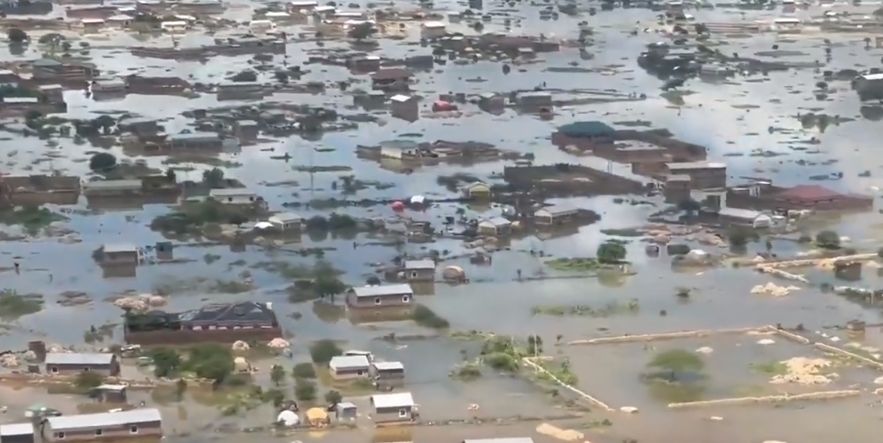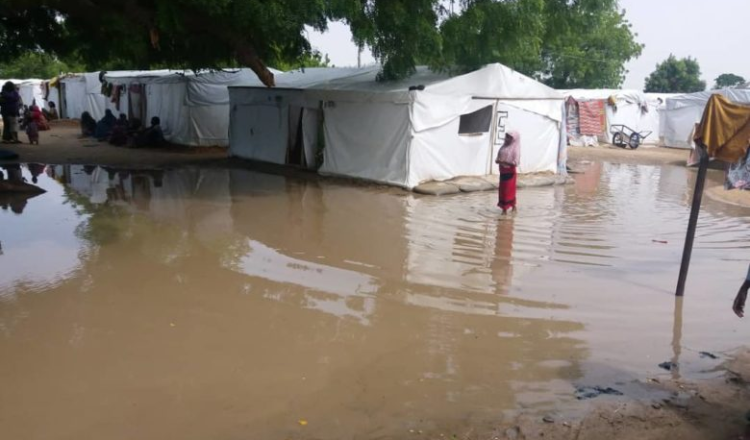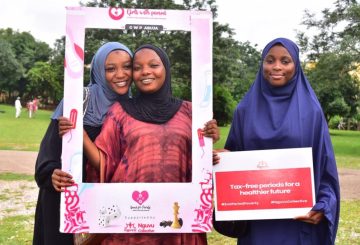The World Health Organization (WHO) has expressed serious concern over the devastating floods in Borno State, Nigeria, which have displaced numerous communities and submerged large parts of Maiduguri. Led by Dr. Kazadi Molumbo, WHO’s Country Representative for Nigeria, a delegation visited the region to assess the crisis and offer immediate support to those affected.
The situation has become dire, with displaced families, particularly mothers and children, facing harsh conditions in temporary camps.
Dr. Molumbo highlighted the severity of the disaster during his visit, noting that 14 healthcare facilities had been cut off from access and several medical laboratories were rendered inoperative. He called for immediate international assistance, pointing out the urgent need for healthcare and basic services in the flood-affected areas. “We are witnessing an unprecedented disaster that has isolated entire communities,” he said, urging global organizations to join forces in providing relief.
The WHO, in collaboration with the United Nations Country Team, has activated its emergency response mechanism to manage the crisis. Working closely with the Office for the Coordination of Humanitarian Affairs (OCHA), the WHO will spearhead health response efforts, while the World Food Programme (WFP) and UNICEF focus on addressing food security, nutrition, and water, sanitation, and hygiene (WASH) needs. This coordinated approach aims to mitigate the immediate suffering of the displaced population and prevent potential health crises, including disease outbreaks.
Dr. Molumbo commended the leadership of Borno State’s Governor, Professor Babagana Zulum, and the Health Commissioner, Professor Baba Mallam Gana, for their rapid response to the crisis. “Their swift action in the face of such adversity is commendable, and we stand ready to support them in navigating this disaster,” he said. Both leaders have been pivotal in coordinating local relief efforts, with Professor Gana stressing the need for shelter, food, and medical supplies as immediate priorities.

The floods, triggered by the failure of the Aloe Dam, have submerged nearly 70% of Maiduguri, the state capital, impacting healthcare services and displacing thousands of residents. Professor Gana described the situation as the worst flooding the state has ever experienced, with significant disruptions to medical services. He also emphasized the need for long-term infrastructural solutions to accommodate Maiduguri’s rapidly growing population, now approaching four million.
Is Dangote Selling Fuel or Vodka?
Governor Zulum, whose administration has resettled over 2.6 million internally displaced persons (IDPs) since he took office, reassured the public of his government’s commitment to supporting the displaced. He expressed gratitude to international organizations, including the WHO, UNICEF, and the International Committee of the Red Cross (ICRC), for their assistance. “We are dedicated to ensuring the well-being of our people, especially the women and children who are most vulnerable in this crisis,” Governor Zulum said.





